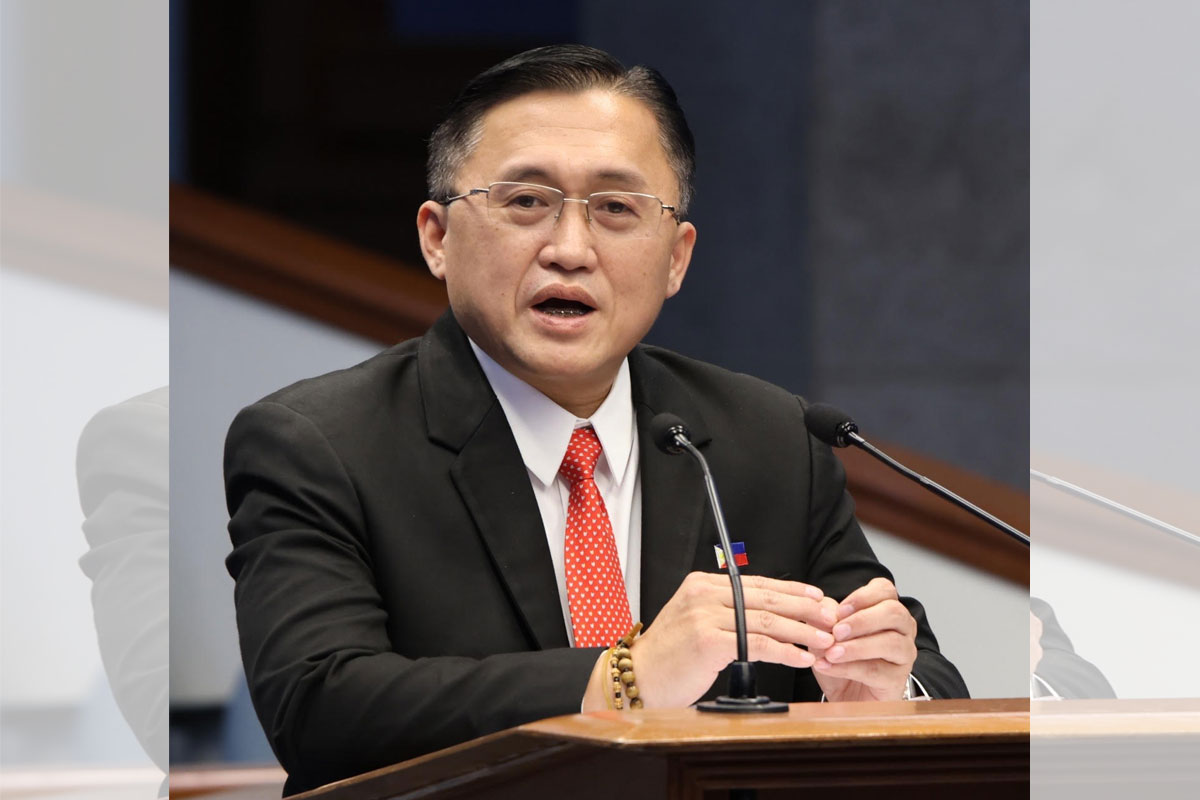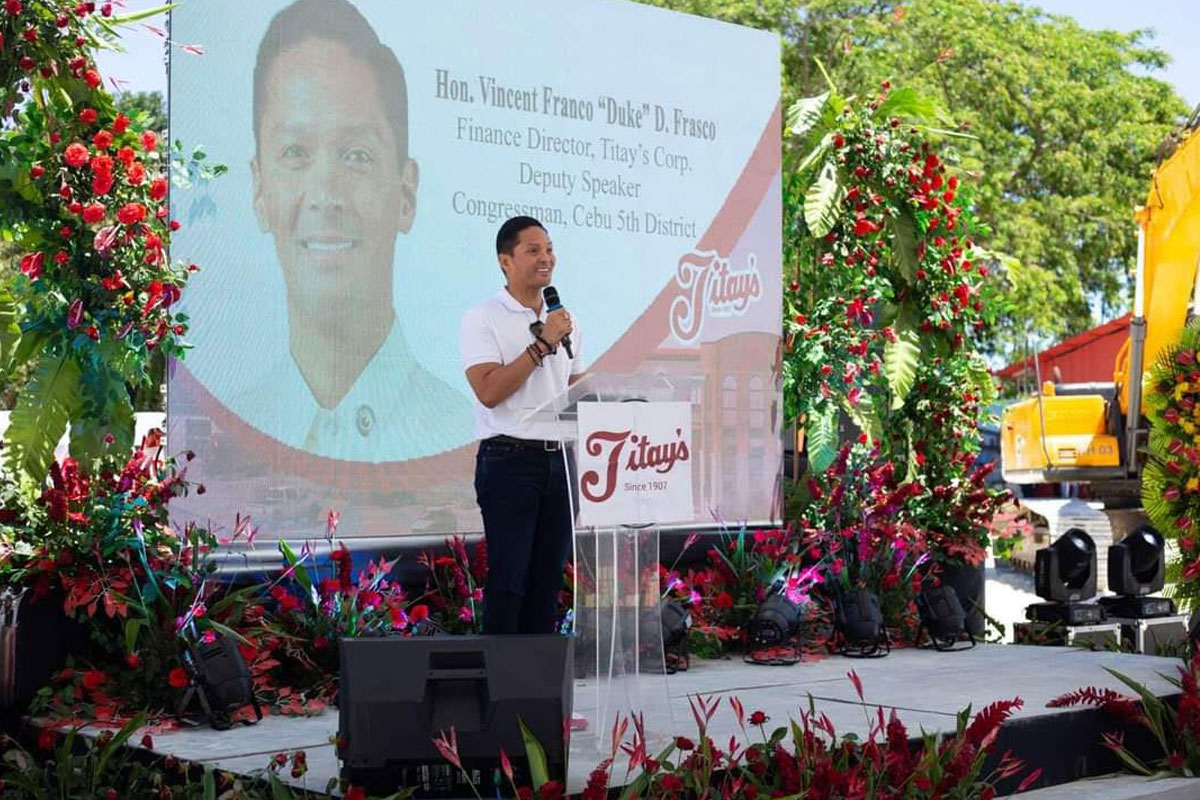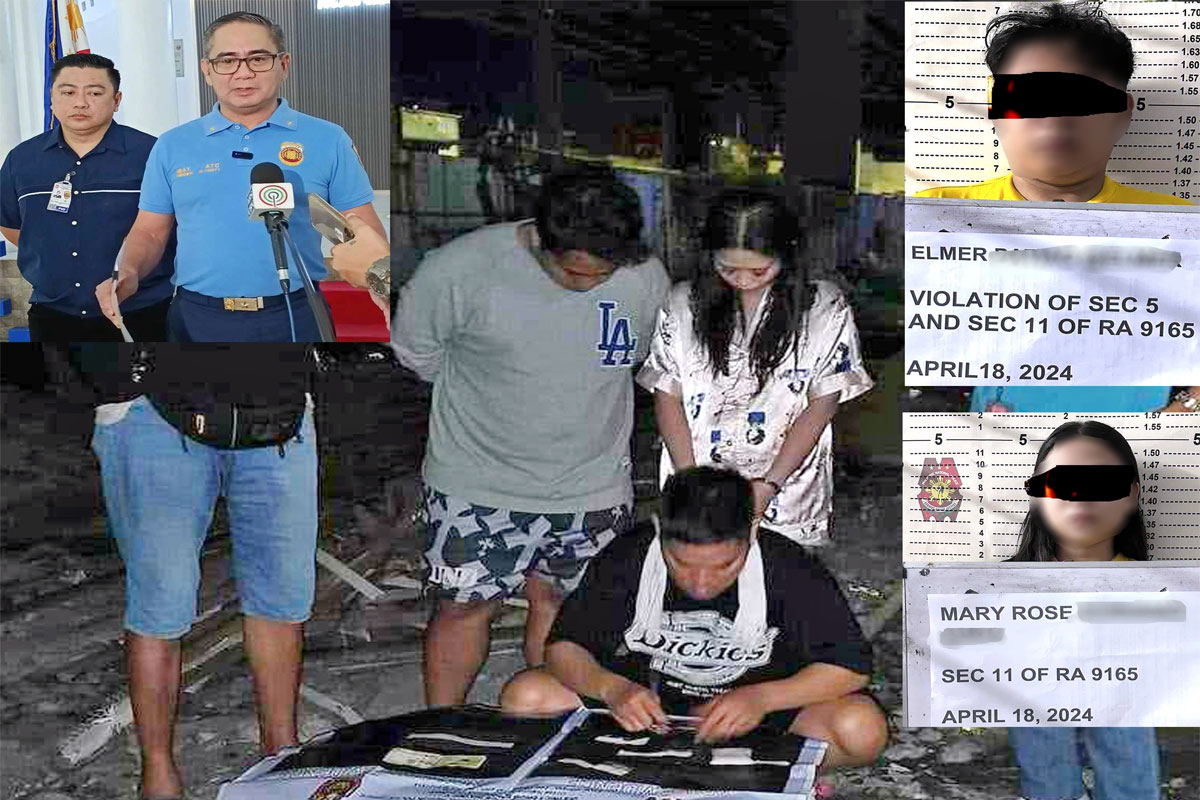
Legal action vs online scams, spam texts sought
QUEZON City Rep. Alfred Vargas has urged government agencies to take immediate legal action to stop the alleged misuse of contact information in the wake of a spike in spam text messages and online scams.
Vargas said if left unchecked, these schemes can be used as tools to spread disinformation and fake news during the elections.
“As we enter the campaign period, urgent steps should be taken to ensure that these schemes are not weaponized into tools to spread fake news and disinformation. Our right to suffrage and the integrity of our elections may become casualties if the concerned agencies fail to act,” Vargas said.
In House Resolution (HR) No. 2378, Vargas said the Department of Information and Communications Technology (DICT), the National Telecommunications Commission (NTC), and the National Privacy Commission (NPC) should conduct a thorough investigation.
The Quezon city lawmaker noted growing concern over the rise in spam, scam, and phishing attempts through text messages.
“Speculations from consumers that their phone numbers might have been sourced from contact-tracing forms, indicating a breach of privacy, have surfaced and must be addressed diligently and immediately,” Vargas said in his resolution.
An official of the NPC had earlier said the recent text scams were orchestrated by international syndicates, but said it has yet to find out if the personal information came from contact tracing forms.
Malacañang had warned that these messages constitute a violation of data privacy rights.
Vargas said the telecommunication provider Globe Telecom had reportedly deactivated 5,670 confirmed spam numbers and blocked 71 million spam messages this year. The company had also said unsolicited marketing campaigns from digital marketers or spammers use “existing databases culled from public information or online data.”
There has also been an increase in reports of dubious financial transactions, with the Anti-Money Laundering Council (AMLC) recording a 57 per cent increase in reports of suspicious transactions, indicating a surge in financial scams, he added.
“This spate of unwanted text messages in forms of spams, scams, and phishing attempts is not only an inconvenience to Filipino consumers but also indicate a clear breach of data privacy and a possible illegal sale of private data, violating Republic Act No. 10173 or the Data Privacy Act of 2012,” Vargas said.
He added that it is the duty of government agencies “to protect consumers and the fundamental human right to privacy.”
“Government should stop those who take advantage of the grim situation of the pandemic for their own interests by breaching the data privacy of individuals and proliferating spam and scam text messages,” Vargas said.




















